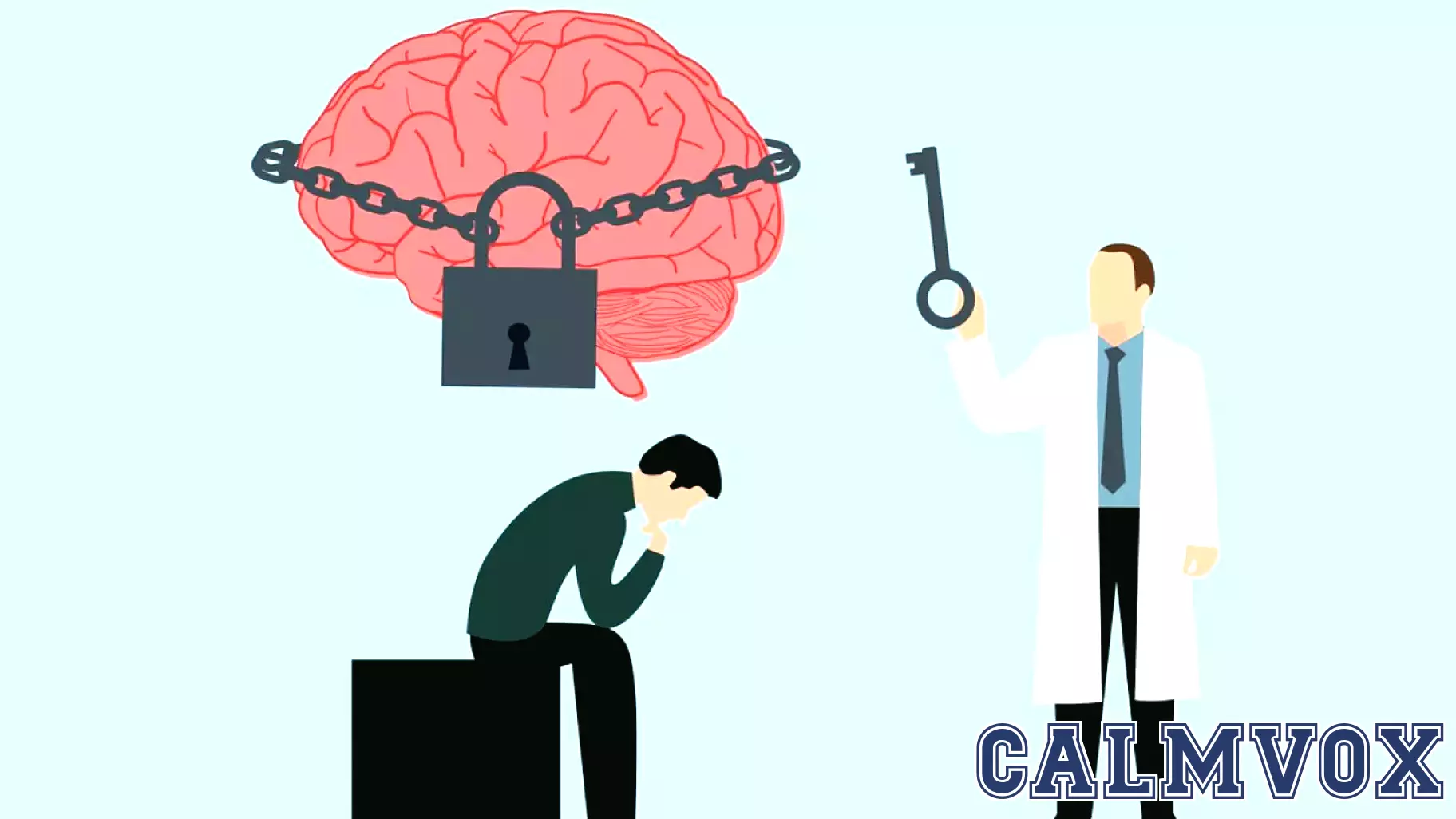The Rise of Pseudoscience in Mental Health: A Closer Look at Brainspotting
May 4, 2025 - 10:37

Whenever there is a vacuum of ignorance about any topic, the void is quickly filled by pseudoscientific nonsense. This phenomenon is particularly evident in the realm of mental health, where unconventional therapies often gain traction despite lacking solid scientific backing. One such therapy is Brainspotting, which claims to help individuals process trauma and emotional distress by focusing on specific eye positions.
Critics argue that Brainspotting lacks empirical support and is rooted in anecdotal evidence rather than rigorous scientific research. While some practitioners and clients report positive experiences, these testimonials do not substitute for controlled studies that validate the effectiveness of any therapeutic approach. The reliance on personal stories can mislead those seeking genuine help, diverting them from evidence-based treatments that have proven efficacy.
As mental health awareness continues to grow, it is crucial for individuals to critically assess the therapies they consider. Promoting scientifically validated methods over unproven techniques is essential for ensuring effective treatment and fostering a healthier society.
MORE NEWS

March 1, 2026 - 08:18
New psychology research reveals a vicious cycle involving smartphone use and feelings of disconnectionNew psychology research reveals a troubling daily cycle where smartphone use and feelings of loneliness intensify one another. A study published in the journal Addictive Behaviors provides...

February 28, 2026 - 23:13
AI in, Garbage Out: Is Meta-Analysis in Danger?A cornerstone of modern psychology, the meta-analysis, is facing a novel and significant threat from the proliferation of fake, AI-generated scientific papers. This method, which statistically...

February 28, 2026 - 10:20
Critiquing Israel is not Anti-Semitism: The American Psychological AssociationIn a significant statement, the American Psychological Association has clarified the crucial distinction between criticizing the policies of the Israeli government and antisemitism. This move...

February 27, 2026 - 23:59
Psychology Suggests the U.S. Army Needs to Do More To Battle A New Enemy (Not Russia or China): LonelinessA recent study highlights a growing, non-traditional adversary within the U.S. military ranks: pervasive loneliness. While the Army possesses deep institutional knowledge for building unit cohesion...